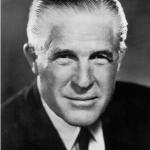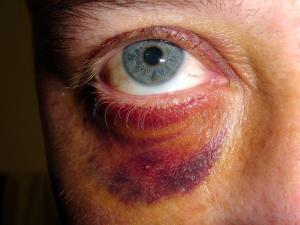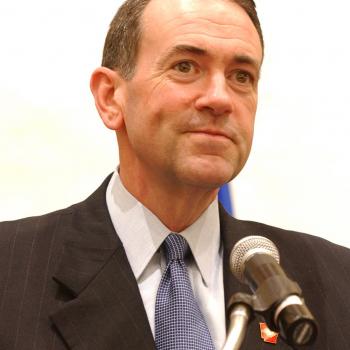
Trump’s pardon of Arpaio could endanger the lives of police officers.
Last night, in an attempt to dampen media scrutiny, Trump pardoned notorious Arizona Sheriff Joe Arpaio while a raging Category 4 hurricane struck the Texas coast. But if Trump thought that granting clemency while Texas battled Mother Nature would help him avoid a backlash, he was sorely mistaken. Media sources from across the spectrum voiced outrage, accurately noting that Trump’s waiver of Arpaio’s conviction showed a cavalier disdain for the rule of law. Journalists also noted Arpaio’s blatant abuses of power: how he had defied a court order to imprison American citizens based solely on their ancestry; how the jails he operated were infamous for human rights abuses and excessive death rates; and how he used the resources of his office to harass and even arrest political opponents and journalists.
But while reporters rightly highlighted how Arpaio’s pardon was a slap in the face to those he had abused during his reign of terror career in law enforcement, they ignored one prominent group of victims: police officers.
At first, labeling police as victims of this travesty of justice might seem counterintuitive. After all, Arpaio himself was a law enforcement officer – granting him clemency would seem to express support for law enforcement. But a closer examination of this scenario reveals a darker truth – the Arpaio pardon endangers the lives of police and makes their jobs harder.
First, the high visibility of the pardon can only make marginalized communities have less confidence in addressing grievances through the judicial system. If a man like Arpaio, who perpetrated such blatant abuses, can escape justice, then why should Arizona Latinos believe that officers who engage in police brutality, racially profile, or even murder will be held accountable? Further, if people believe that peaceful avenues of recourse are ineffective, is it hard to imagine that some misguided individuals will resort to violence to “avenge” the wrongs perpetrated against them? And who will be the targets of that violence? Law enforcement.
Second, for law enforcement to do its job effectively, officers must cooperate with the communities they serve. By building positive relationships in the neighborhoods they patrol, officers are able to benefit from tips, collaboration with informants, and the backing of community leaders. Without these things, cops’ jobs become significantly harder – and more dangerous. When a community distrusts the police, crimes go unreported, leads in difficult cases dry up, and community members may even shelter and protect criminals. And the pardon of Arpaio definitely does not increase the Latino community’s faith in law enforcement.
Finally, the way that Arpaio was able to avoid punishment could embolden unethical law enforcement personnel to engage in abusive actions. The proliferation of such behavior across police departments would make it harder for the good cops to fulfill their duties, as they could face violence and a lack of cooperation from communities. Further, inappropriate conduct inspired by Arpaio could wreak reputational damage on law enforcement, making it harder for departments to recruit high-quality officers. Without good cops coming in, the remaining cops will shoulder a bigger load and, of a necessity, be exposed to a greater risk of violence.
Trump’s pardon of Arpaio is a despicable action, designed to cater to the xenophobic, bigoted people who helped him steal the Republican primary from more qualified candidates. And while we should mourn our president’s support for a racist cop and voice our anger about the abuses that cop visited upon minorities, we should also lament the overlooked victims of this whole fiasco: police officers.












